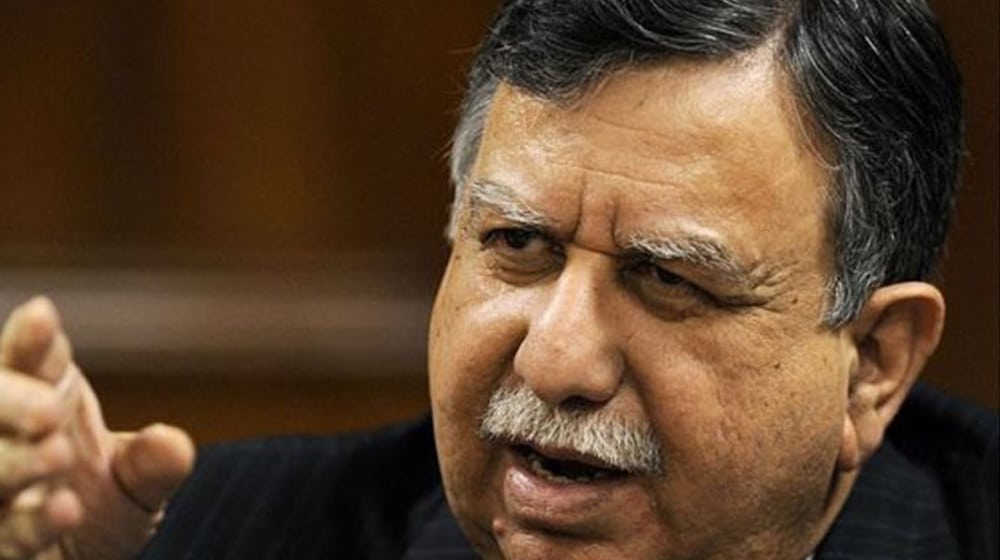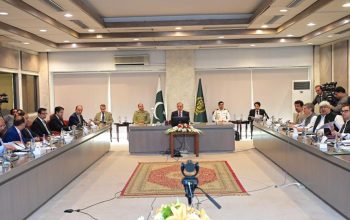Finance Minister, Shaukat Tarin, informed the Senate standing committee on Finance that the government did not agree to the International Monetary Fund’s (IMF) demand of increasing personal income tax that would add additional revenue of Rs. 150 billion in the next fiscal year.
He said that he would explore other options to increase revenue collection, adding that he would also seek fiscal space of 1-2 percent from the IMF to increase spending on health and education.
The minister explained that the financing gap of $29 billion had left no other option for the government but to go to the IMF and accepted their difficult conditions to increase discount rate, devaluation of exchange rate, and power and gas tariff increase.
He said that the government will rewrite powers of the Federal Board of Revenue (FBR) with regards to arresting and prosecuting taxpayers involved in income concealment. He said the government had also decided that tax notices would be dispatched through a third party. This move comes as part of the government’s efforts to fulfill the requirements of the IMF’s Extended Fund Facility (EFF) program.
Tarin said that it was not possible to come out of the IMF Program. He made these remarks during a standing committee meeting held under the chairmanship of Senator Talha Mehmood at the Parliament House.
For now, the Pakistani authorities and the IMF have both agreed to continue talks. They are aiming to narrow down differences, but for now, the program has been put on halt mode.
The Sixth Review under Extended Fund Facility (EFF) would be accomplished in September this year instead of July 2021. An official statement informed that Pakistan has requested to combine the sixth and seventh reviews jointly under EFF in September 2021.
The finance minister said that Pakistan’s current account deficit (CAD) had peaked at $20 billion, which necessitated that tough conditions of the IMF be accepted. He said that the IMF-provided loan program was frontloaded, and as the discount rate hiked to 13.25 percent, the debt servicing also got doubled.
This financing gap of $20 billion left no other option for Pakistan but to go to the IMF and accepted their tough conditions, including hiking discount rate, devaluation of the exchange rate, and increasing power and gas tariff, Tarin said. The strategy was to move towards an inclusive, sustainable, and long-term growth trajectory to create more jobs.
He said that he was making all-out efforts to get relaxation from IMF on tough conditions.
The post Govt Disagreed to IMF’s Demand to Increase Taxes: Shaukat Tarin appeared first on .



